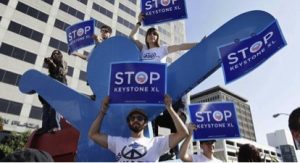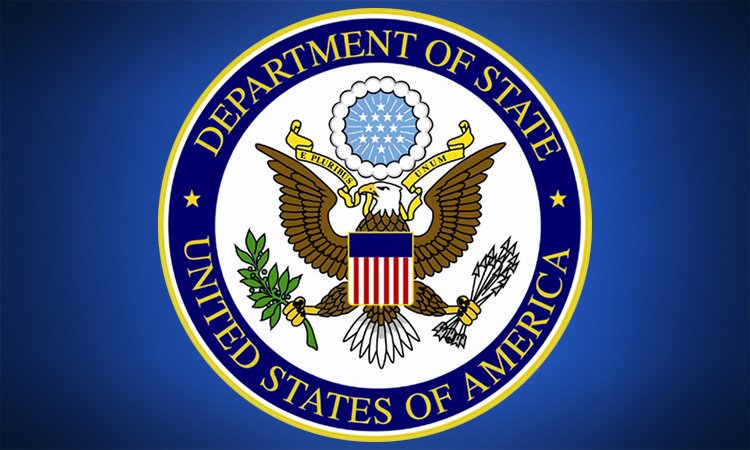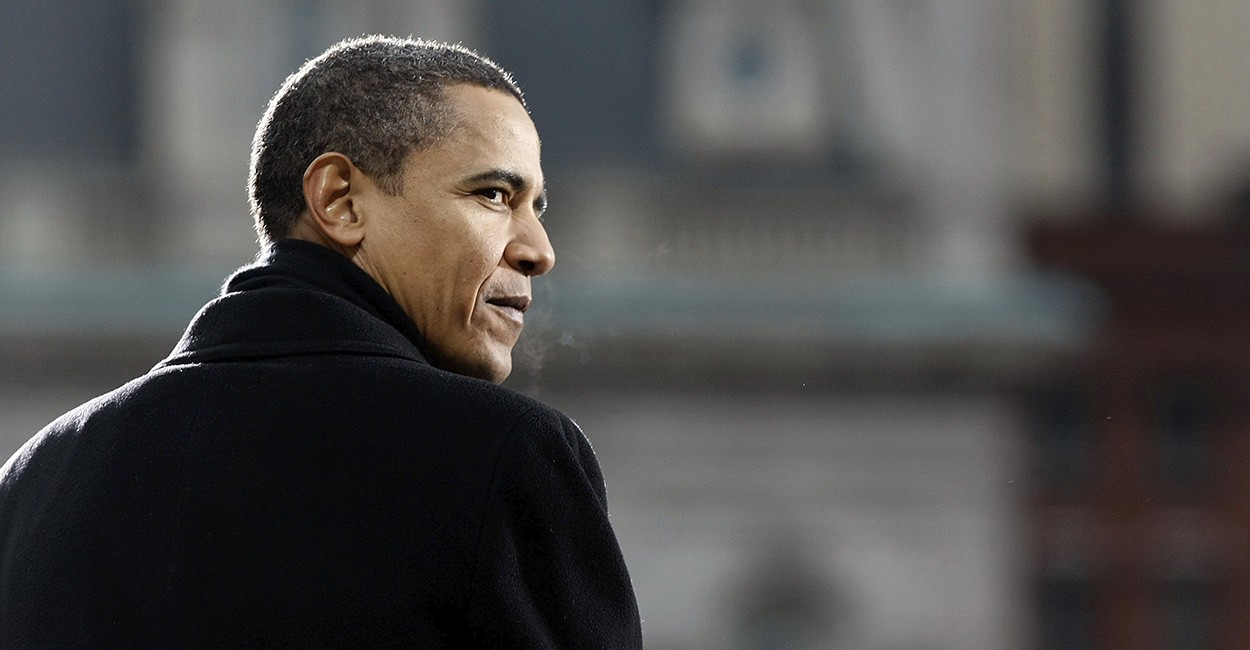By: Jonathan Klein
Few issues in contemporary American politics touch on public policy while also highlighting the fragile nature of both the Democratic and Republican parties. Energy policy, and the controversy over the Keystone XL oil pipeline in particular, has certainly emerged as one of those issues.
Even as gas prices hover above $3.50 per gallon, the Obama administration’s decision on Jan. 18 to deny construction permits for the Keystone XL oil pipeline has raised questions about the direction of U.S. energy policy. More importantly, the debate over the future of Keystone XL has also exposed serious cracks in the Democratic coalition. Although the national media has focused extensively on tensions between the environmental and labor union wings of the Democratic coalition, it has largely failed to explore how Keystone has energized the wings of the GOP.
In arguing for the construction of a crude oil pipeline that would ship tar sand extracts from Canada to oil refineries on the Gulf Coast, many Democratically-aligned labor unions have noted the project would create an estimated 20,000 jobs in the U.S. According to the Environmental Impact Study (EIS) prepared by the U.S. State Department, construction of the pipeline would directly create between 5,000 to 6,000 jobs, and while that number would not have a meaningful impact on the national unemployment rate, pro-labor Democrats and Republicans argue the project would have meaning to the workers whose paychecks flow from the Keystone pipeline. For labor unions and other traditional “wealth” Democrats concerned about socioeconomic status, the pipeline represents an opportunity to bring jobs and income to a sector of the economy – construction – that continues to feel the lingering effects of the 2008 recession.
Opposing labor unions is the environmental wing of the Democratic party, which argues the pipeline would likely run through the ecologically-sensitive Sand Hills region of Nebraska. Environmentalists also argue that the oil flowing through Keystone would be
extracted from tar sands through an energy-intensive process that requires a significant quantity of wastewater and products more carbon dioxide emissions than other forms of oil extraction. For Democrats whose primary concern is the overall health of the environment, there is no tradeoff between economic costs and environmental benefits: the Keystone XL pipeline leads America in the wrong direction on climate change. Given that various wings of the Democratic party hold views that are often irreconcilable, the seemingly-intractable debate over the future of Keystone XL should come as no surprise to politicos.
If conflict summarizes the debate within the Democratic party, then the position of various wings of the GOP base – especially economic and national security conservatives – is complementary. For Republicans, who recently ramped up criticism of the Obama administration after it recently chose to deny construction permits, there is almost no intra-party tension. National security conservatives, who view American dependence on foreign oil imports as a security threat to the U.S., have found strong allies in economic conservatives whose primary concern is free markets and economic growth. For the latter, construction of a new pipeline represents an opportunity to increase oil supplies, ultimately reducing the price consumers pay for a variety of products. Whereas different priorities within the Democratic coalition preclude cooperation, the GOP has latched onto Keystone as a political issue precisely because it unites the conservative base.
As both parties gear up for the 2012 Presidential race, the debate over Keystone offers bipartisan lessons. For a Republican party that has experienced growing tensions between its libertarian and social conservative bases, Keystone should serve as a reminder that some policy issues can naturally unite the GOP while also drawing attention in the popular press. On the other hand, as Democrats in Congress continue struggling to develop a cohesive position on Keystone, acrimony within the Democratic Party should remind party leaders that economic and environmental trade-offs inevitably exist. Whenever possible, Democrats should fight policy battles that do not force each wing of the party to place its goals above those of others.
The 112th Congress is quickly moving into one of the busiest legislative periods of the year, and Congressmen on both sides of the aisle will likely choose their policy battles wisely. After all, the decisive issue in the upcoming Presidential and Congressional elections will probably be the issues.

